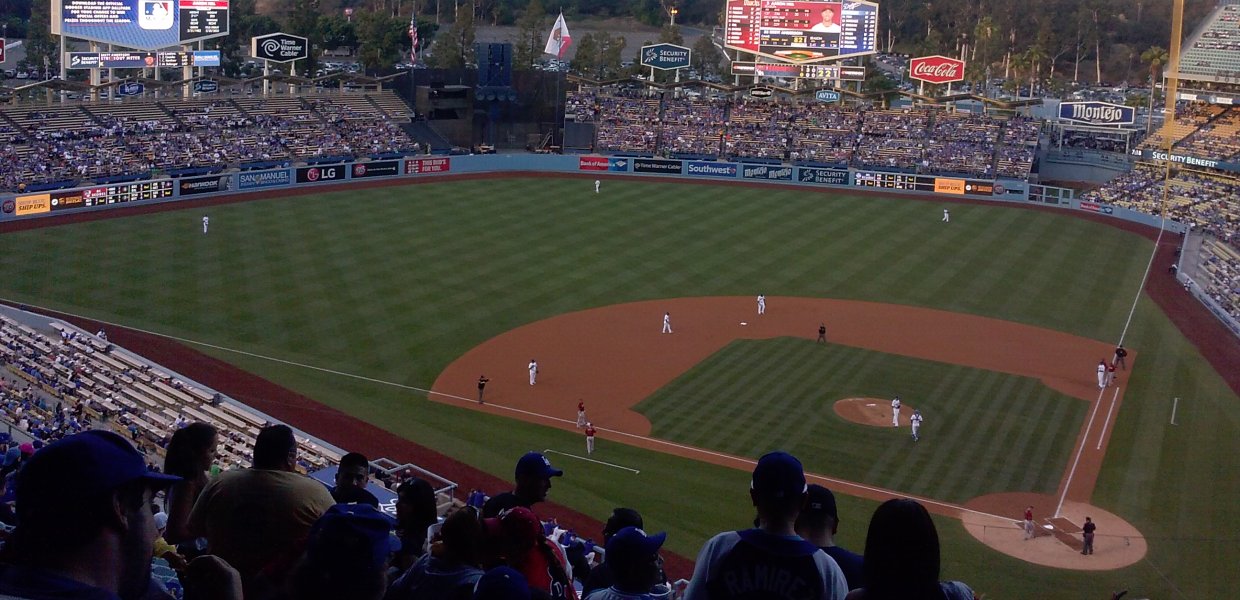Since its inception in 2006, the World Baseball Classic has grown in following and relevance, culminating in a 2017 championship game between the United States and Puerto Rico, attended by over 50,000 at Dodger Stadium in Los Angeles.
This year’s Classic was different than its predecessors—American fans of previous tournaments criticized their lack of excitement and notably the lacking personnel quality on the U.S. team. The 2017 WBC was quite different. After not finishing higher than fourth over the first three Classics, the United States and its star-studded roster took home the gold, with a convincing 8-0 route of the undefeated Puerto Ricans.
The success of this year’s tournament was not only dictated by the attendance of the final game or the quality of the American team. Records were set throughout preceding rounds in Tokyo, Seoul, Miami, Guadalajara, and San Diego. Through the first two rounds, the 2017 Classic drew 976,828 fans—almost 100,000 more than attended the entire 2013 tournament. Along the way, the Classic drew a record breaking crowd of over 37,000 to Marlins Park as well as a sell-out of 43,000 at Petco Park in San Diego.
TV viewership was also up. The 2017 tournament was broadcast in the U.S. by MLB Network and internationally by 51 media outlets across 182 countries. Domestically, viewership through the first two rounds was up about 18 percent from the 2013 Classic—including the semi-final game between the U.S. and Japan with 1.4 million viewers, the most for a non-MLB playoff game broadcast on the network.
The future of the World Baseball Classic is uncertain with the return of baseball to the 2020 Olympics, yet MLB Commissioner Rob Manfred is optimistic.
“I think when you have a tournament that gets the kind of traction that the 2017 edition did, it will make it easier to get players the next time around,” Manfred said. “Not only for the U.S., but for all the countries.”
One thing is for certain however—there is a demand for international competition within the sport. This Classic shows the growing interest as well as the parity which exists in talent among many countries around the world. The market for baseball extends well beyond the borders of the United States and it will be interesting to see what the future holds for the World Baseball Classic and international baseball competition.
Flickr / Photo by bunnicula.









